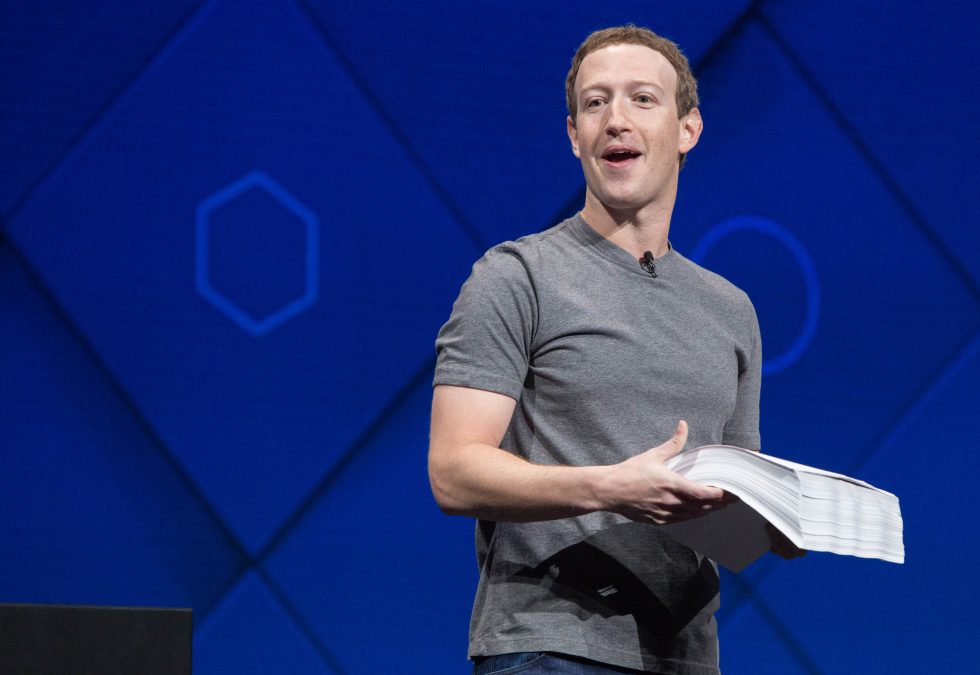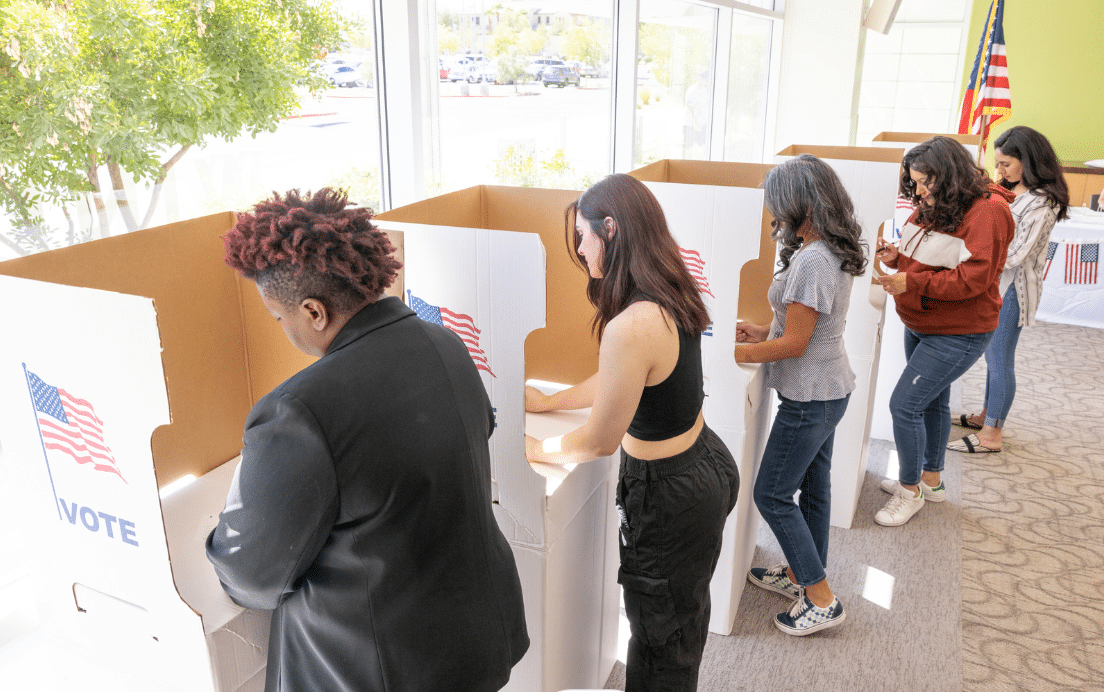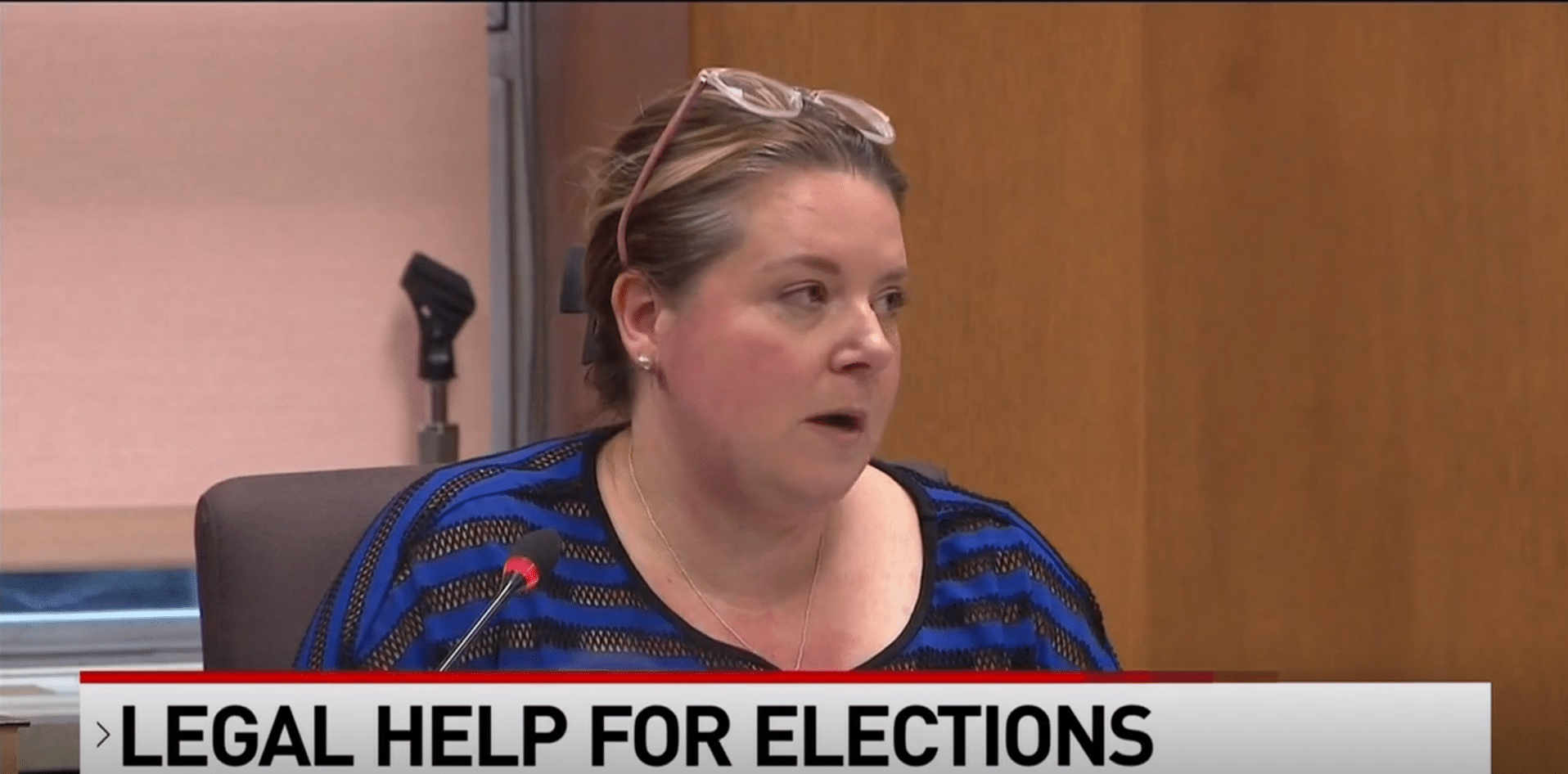Privacy Concerns Over League of Women Voters Registration Drives and Access to Student Data
Pre-registration is part of the Left’s election “reforms” strategies designed to help them generate unlimited Democrat votes. The League of Women Voters is a cog in that machine. Here’s how they target high school students.
As public high schools across the United States open their doors to third-party voter registration drives, concerns have emerged over how these organizations handle students’ personal information. The League of Women Voters Education Fund (LWVEF), a key player in these efforts, has come under fire for its handling of sensitive information and far-left political leanings.
The LWVEF, the educational arm of the League of Women Voters (LWV), has registered tens of thousands of high school students nationwide. During the 2023-2024 school year, the organization hosted drives in Arizona, Wisconsin, and Virginia, to name a few. The LWV claims to be nonpartisan, but has engaged in actions that suggest otherwise. For instance, its CEO was arrested during a 2018 protest against Supreme Court nominee Brett Kavanaugh, and the group has publicly supported transgender women in sports. Additionally, the LWV receives significant funding from left-leaning sources, including the Ford Foundation, George Soros’s Foundation to Promote Open Society, the New York State United Teachers Union, and the Tides Foundation.
Pressure Placed On Students To Overshare?
A LWV volunteer who registered seniors in one Virginia high school told Restoration News that the experience made her uncomfortable. “There were three of us running the drive,” the volunteer said. “We split up and went seat by seat which I felt put unnecessary pressure on the students. The teacher sat at her desk while we spent the entire class period talking to individual students.” She added the volunteers did not ask for parental consent forms and did not tell students that the information they shared would be copied.
(Read more: Automatic Voter Registration Exists To Keep Democrats In Power, So Why Aren’t Republicans Fighting It?)
LWV also hosted drives at all three high schools in Fauquier County. After a brief presentation, volunteers asked students to fill out registration forms with personal details, including social security numbers, addresses, and phone numbers. Although Virginia law prohibits third parties from duplicating social security numbers, it permits the collection of other personal data. Over the course of three days, a Fauquier County resident observed an LWV representative submit dozens of student forms to the voter registration office. “I don’t know how many student forms she had,” the witness stated to Restoration News, “but three days in a row, I watched her turn in large stacks to the registrar’s office.”
In response to data handling concerns, a Freedom of Information Act (FOIA) request was submitted to Alex Abels, the Fauquier County registrar. The request sought details on the number of student registration forms submitted, whether LWVEF representatives were required to authenticate submissions, and who would be accountable for forms with false information. Abels replied that his office lacks records showing the total number of voter registration applications collected by any specific organization, including the LWV. He explained, “The Virginia statewide voter registration system does not differentiate how many voter registration applications are submitted by any particular organization,” adding that the system is not configured to trace such specific data or generate reports on these metrics. Furthermore, Abels clarified, “My office is not the appropriate place to provide legal information or advice regarding data collected on voter registration forms.”
League of Women Voters Handling Dozens of Student Registrations
Despite these limitations in tracking and accountability, the LWVEF possessed dozens of student registration forms with a clear protocol for handling them. The organization’s training manual outlines specific procedures for collecting and storing this data, advising league members to establish a database to facilitate future voter mobilization efforts. The manual instructs, “Designate an organized person or small team to take the lead on collecting all completed registration forms, copying the legally-allowed information, and promptly turning the original forms in to the appropriate elections official.” The manual then emphasizes the importance of using that data to follow-up with students in an effort to boost voter turnout.
Expanding on these data collection strategies, the LWV also targets underage students by encouraging them to complete Voter Pledge Cards, which include personal contact details, thus widening the scope of data collection. This extensive data gathering alarmed parents who claim they were not informed about the drives nor the extent of information collected.
Growing concerns over the LWV’s access to student data and partisan bias have led six states — Florida, Idaho, Kansas, Missouri, Montana, and Tennessee — to enact laws restricting the operations of third-party voter registrars. These legislative measures highlight the critical need for stricter regulations and increased transparency in how such initiatives collect and use personal information, ensuring the prioritization of students’ rights and safety.
(Read more: Inside Democrats’ Best-Kept Secret: Mass Nonprofit Voter Registration)
Shelly Norden is a former television news producer and veteran educator. She now works as a freelance journalist and is a founding member of the School Board Member Alliance, which is committed to educating school board members about their authority under the law and ensuring the best interests of students are always taken into account.



